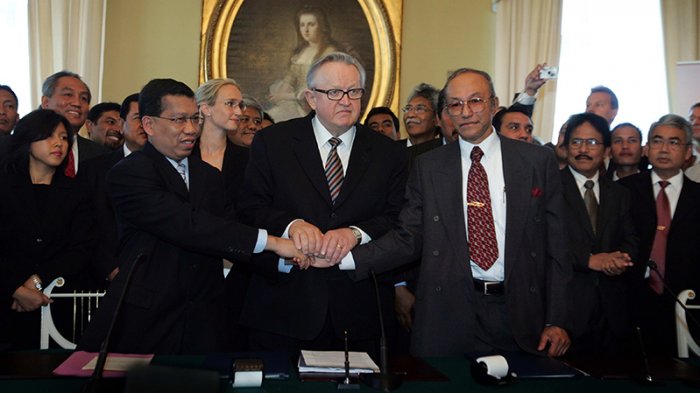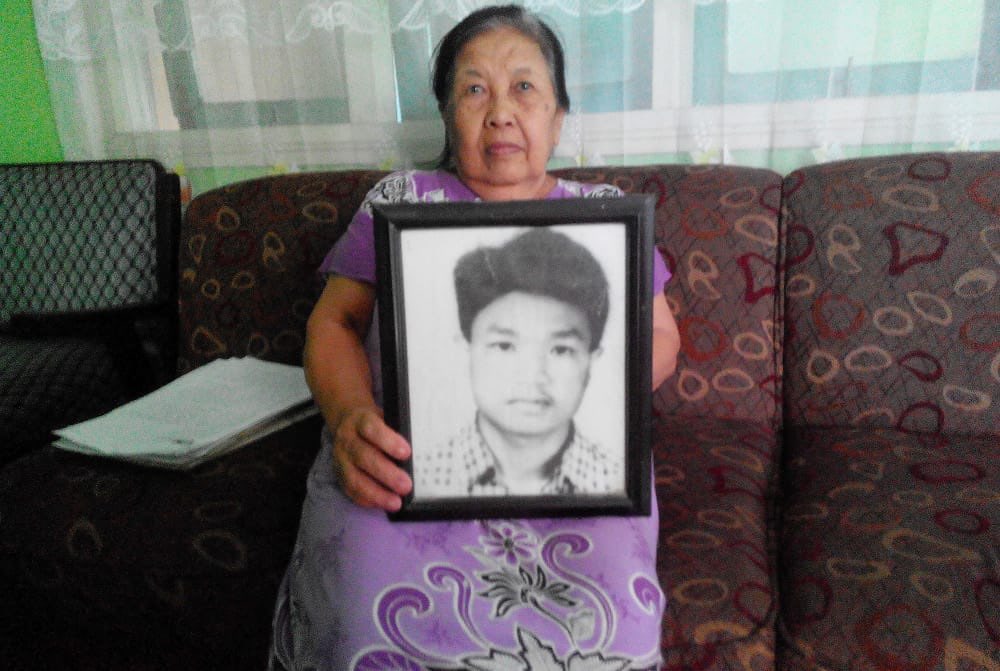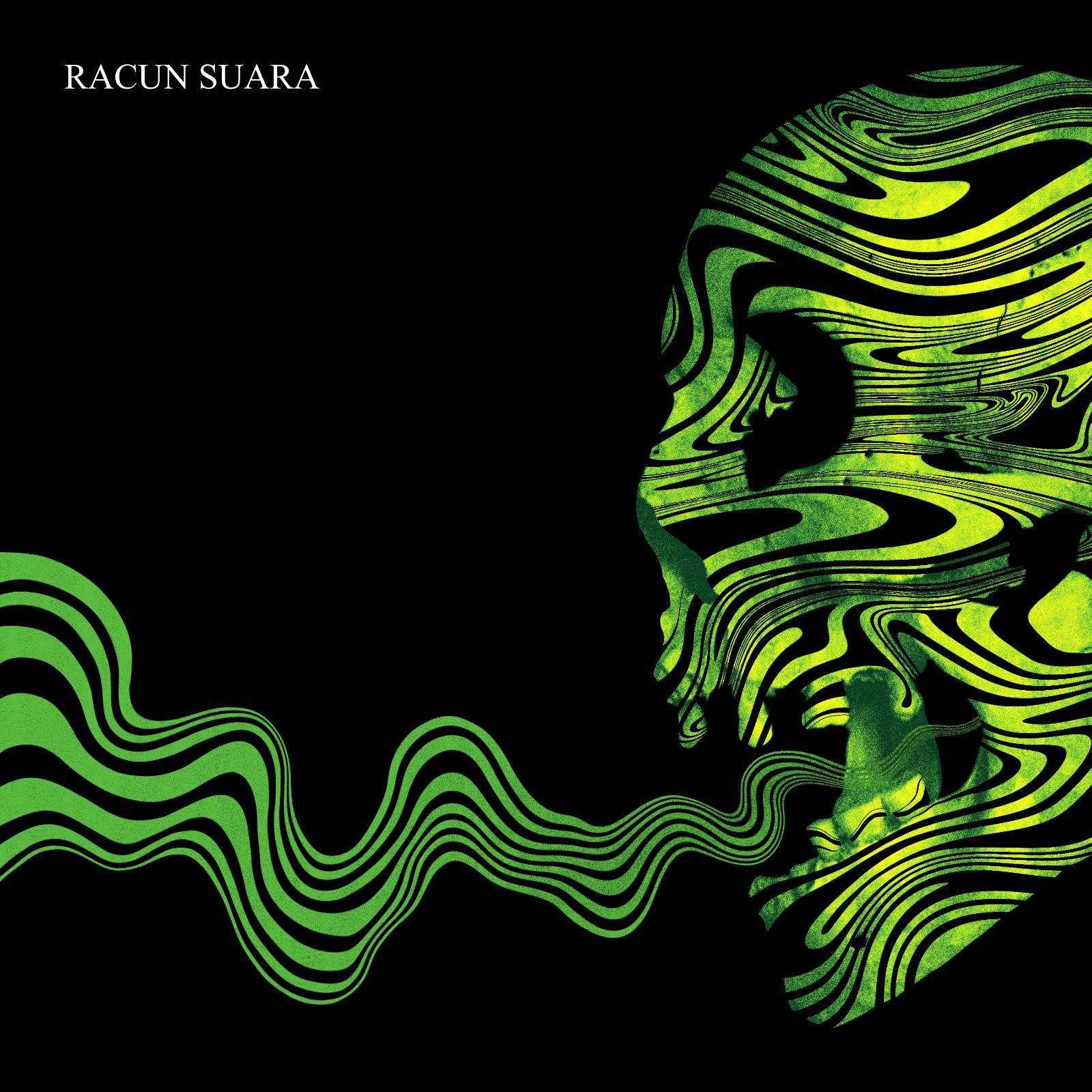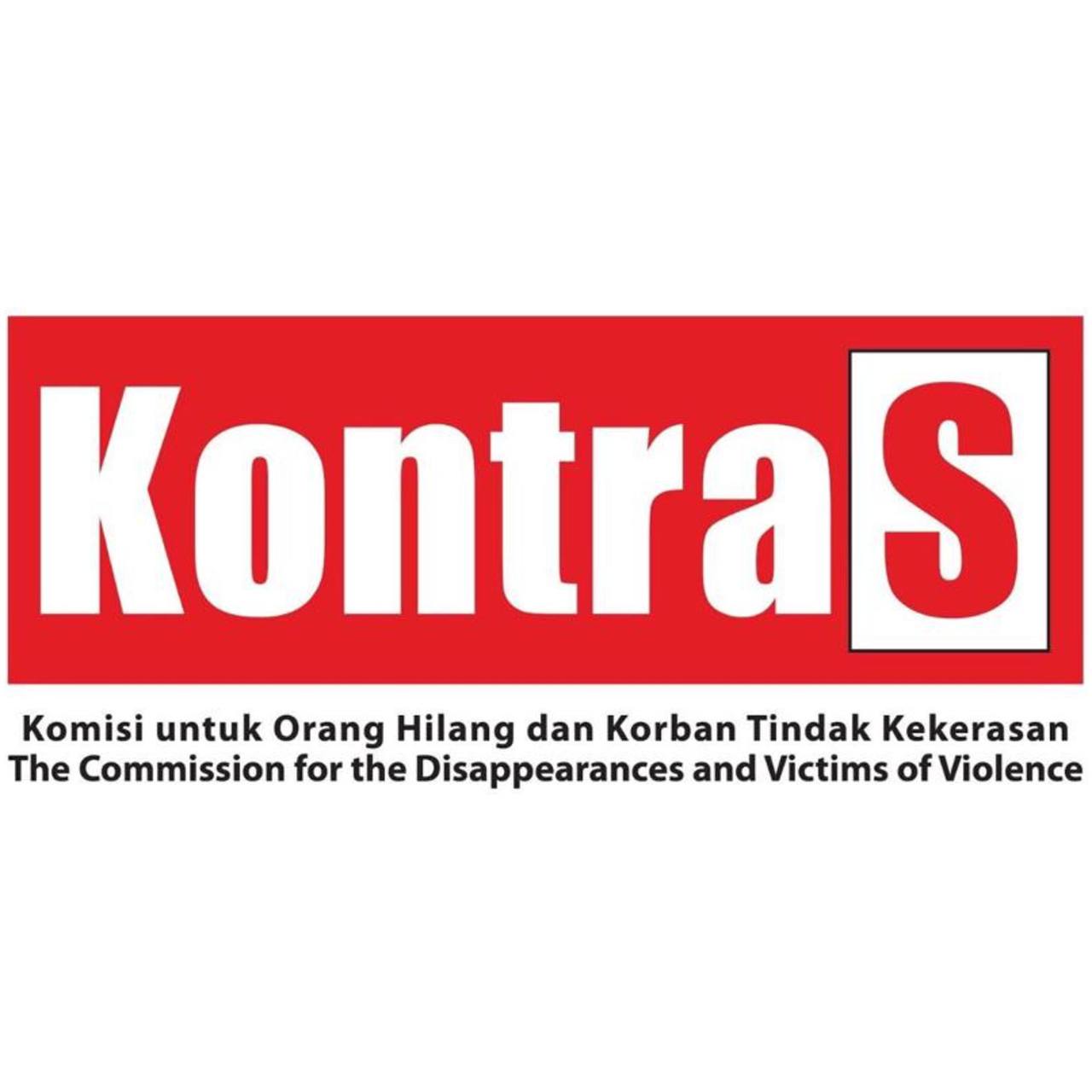15 August 2025 – Today marks 20 years since the Helsinki Memorandum of Understanding (MoU) was signed by the Government of Indonesia and the Free Aceh Movement (GAM), establishing a peace agreement between the two parties. This peace agreement was not only about ending the armed conflict between Indonesia and GAM, but also about addressing the deep wounds and prolonged trauma embedded in the lives of Acehnese communities. The signing of the Helsinki MoU became a significant event, offering hope to the people of Aceh, particularly the victims, for justice, recovery, and a better future.
The Helsinki MoU was not merely an agreement on the governance arrangements in Aceh or a symbolic elite-level peace pact between the Government of Indonesia and GAM. Beyond that, the Helsinki MoU also mandated the resolution of various human rights violations that occurred during the conflict period and outlined peacebuilding measures at the community level to restore a peaceful life in Aceh based on human rights principles.
In this regard, the Helsinki MoU mandated: (1) the establishment of an Aceh Human Rights Court; (2) the formation of a Truth and Reconciliation Commission (TRC) in Aceh; (3) the demobilization of the Indonesian military; (4) funds for the rehabilitation of public and private property; and (5) compensation for political prisoners and affected civilians. The Helsinki MoU was designed to achieve both negative peace – the absence of conflict – and positive peace – the structures that create and sustain peace.
Nevertheless, 20 years after the signing of the Helsinki MoU, the Government of Indonesia has yet to demonstrate seriousness in addressing the gross human rights violations that occurred between 1976 and 2005. In accordance with the provisions of the Helsinki MoU, the Government of Indonesia, as the duty-bearer in relation to human rights, is obliged to uncover the truth, ensure criminal accountability for perpetrators, provide redress to victims, and guarantee non-recurrence of such events. The lack of seriousness and limited commitment of the Indonesian government to fulfill these four obligations has prevented the full realization of peace in Aceh, leaving justice as little more than a distant hope for victims. Law No. 11 of 2006 on Aceh Governance formally stipulated the establishment of a Human Rights Court in Aceh and a Truth and Reconciliation Commission (TRC) in Aceh, to be established no later than one year after the law’s enactment. However, the Human Rights Court has yet to be established in Aceh, and the Aceh TRC was only formed in 2016 due to civil society pressure, through Aceh Qanun No. 17 of 2013 concerning the Aceh TRC.
Since the release of the Aceh TRC Findings Report in October 2023, the recommendations stated have yet to be fully implemented. For instance, to combat impunity and prosecute perpetrators of human rights violations, Aceh TRC recommended that the Attorney General immediately follow up on pro-justicia investigations for three cases (Rumoh Geudong, Simpang KKA, and Jambo Keupok) and that the National Commission on Human Rights (Komnas HAM) act on the Aceh TRC findings that constitute prima facie evidence of gross human rights violations, in accordance with Law No. 26 of 2000 on Human Rights Courts.
In reality, the Attorney General has yet to initiate investigations into these four cases of gross human rights violations, and the pro-justicia investigation process for the Bumi Flora case remains unfinished by Komnas HAM.
The Indonesian Government has also yet to provide dignified redress to the victims. Instead, the government has pursued non-judicial resolution through the Non-Judicial Resolution Team for Past Gross Human Rights Violations (PPHAM), which in practice excludes victims and risks reinforcing impunity while burying the facts of the human rights violations that occurred.
Most recently, on 10 July 2025, the government, through the Ministry of Human Rights, inaugurated the Living Park in Pidie Regency, claimed as a form of memorialization of the Rumoh Geudong incident and as material redress for certain victims. In reality, the Living Park was constructed without the voices of the victims, on land still carrying deep trauma, effectively replacing evidence of human rights violations with a recreational park.
Alleged evidence in the form of human remains discovered in 2024 was not acted upon by the Attorney General. The provision of redress during the inauguration was also problematic, due to discrepancies between the government’s victim data and the actual situation on the ground. This situation has led to divisions among victims and conflicts between the victims and PASKA Aceh, their supporting organization.
Worse, the Indonesian Government continues to add to the long list of disregard and erosion of respect for the Helsinki MoU. The memorandum mandated the demobilization of the Indonesian military and stipulated that the number of organic troops remaining in Aceh after relocation should be 14,700. However, militarization has in fact intensified in Aceh under the current Prabowo-Gibran administration. On 10 August 2025, Prabowo Subianto inaugurated several Indonesian National Armed Forces (TNI) units during a Troop Display and Military Honor Ceremony. These units include an Infantry Territorial Development Brigade based in Central Aceh and five Territorial Development Battalions stationed respectively in East Aceh, Central Aceh, Gayo Lues, Nagan Raya, and Pidie.
Therefore, we demand the following:
-
Respect for and full implementation of the Helsinki Memorandum of Understanding by the Government of Indonesia;
-
Assurance and Improvement of Education and Welfare Services for Children Affected by Conflict;
-
The resolution of gross human rights violations in Aceh in accordance with the principles of transitional justice, namely uncovering the truth, ensuring criminal accountability for perpetrators, providing victims with redress, and guaranteeing non-recurrence;
-
The advancement of pro-justicia investigations to the prosecution stage by the Attorney General for Rumoh Geudong, Simpang KKA, Jambo Keupok, and Bener Meriah cases;
-
The designation of the Bumi Flora incident as a gross human rights violation and follow-up by Komnas HAM on Aceh TRC findings suspected to constitute gross human rights violations;
-
The comprehensive implementation of Aceh TRC recommendations, including providing dignified redress to victims and involving all victims, by the local and Indonesian Government;
-
Alignment of accurate victim data with realities on the ground by all state institutions to ensure consistency and eliminate discrepancies between them;
-
Substantive memorialization of human rights and gross human rights violations in Aceh that involves victims, respects their dignity, and preserves historical facts;
-
The demobilization of the Indonesian military and an end to militarization in Aceh Province in accordance with the Helsinki MoU.
Banda Aceh/Pidie/Aceh Utara/Jakarta, 15 August 2025
-
The Commission for the Disappeared and Victims of Violence (KontraS)
-
KontraS Aceh
-
Development of Social Economic Activities in Aceh (PASKA Aceh)
-
Communication Forum of the Victims and Families of Victims of the KKA (FK3T-SP.KKA)
-
Asia Justice and Rights (AJAR)
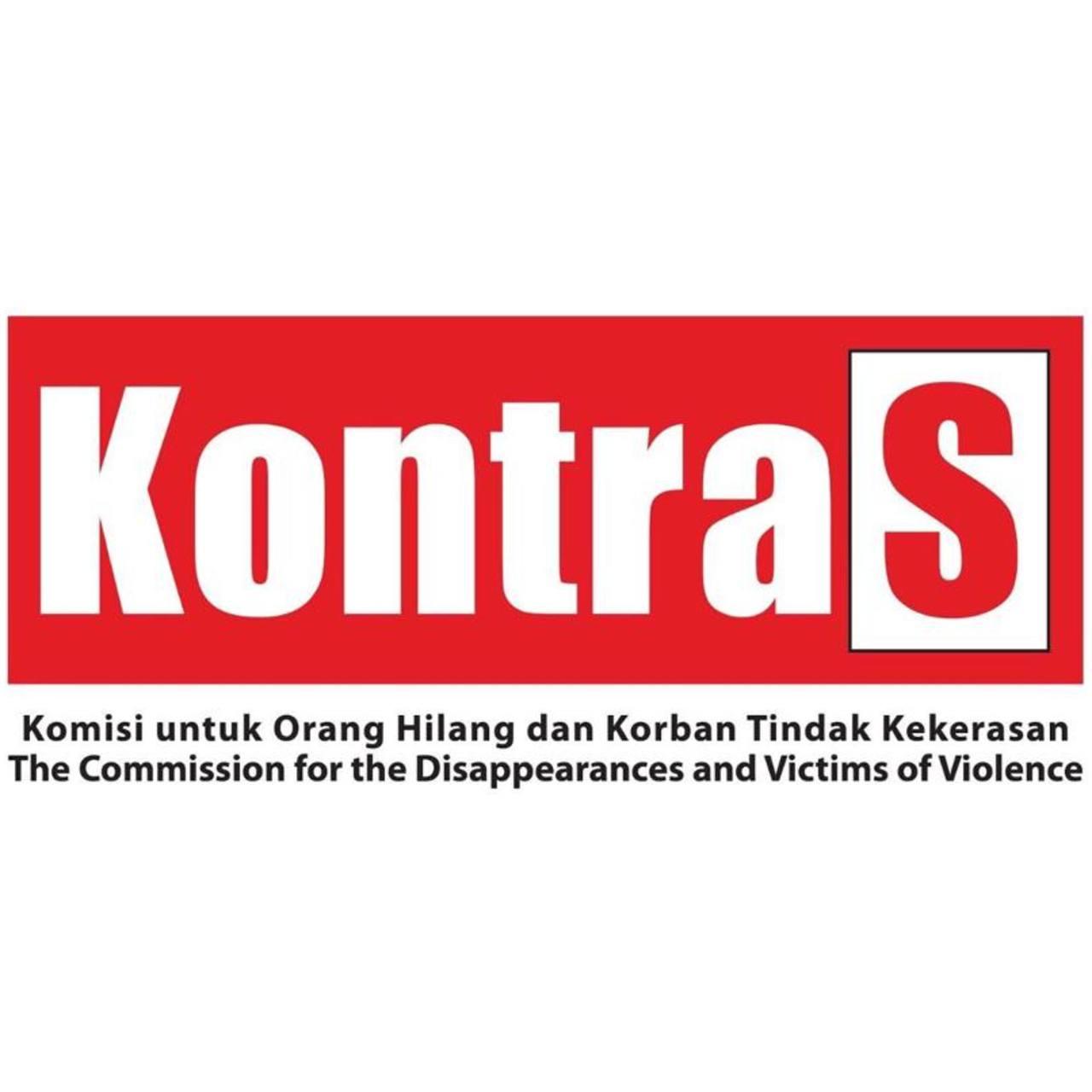
KontraS
Komisi Untuk Orang Hilang dan Korban Tindak Kekerasan

